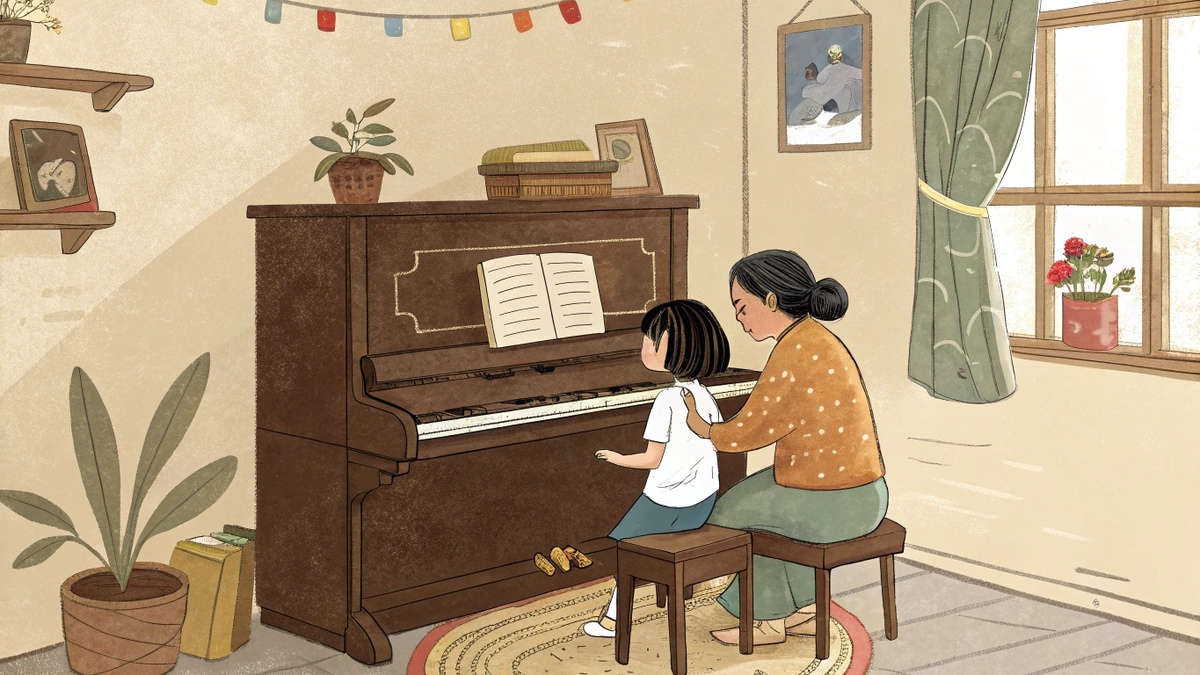Interest rates decrease across the board, real estate benefits
Over the past month, deposit interest rates have been continuously adjusted downward by banks. According to information announced by the State Bank on the 63rd, the average new lending interest rate has decreased by about 0.4%/year; 22 commercial banks have reduced their average lending interest rates.
Not stopping there, on March 15, the State Bank adjusted the operating interest rate, causing the mobilization interest rate in the market to be brought down to a new level.

The simultaneous decrease in deposit interest rates creates conditions for a reduction in lending interest rates, thereby supporting the economy , including real estate. However, the interest rate support for this industry is assessed to be available but not significant. Illustrative photo
After the decision of the State Bank, state-owned banks (Big 4 including Vietcombank, BIDV, Vietinbank and Agribank ) reduced their interest rates by 0.2%, making the highest rate only 7.2%/year; joint stock commercial banks cut their interest rates by about 0.5%, making their deposit interest rates lose the "mark" of 9%/year. Currently, in the market, there are very few units with deposit interest rates of 9% or higher.
The reduction in lending interest rates has greatly supported many economic sectors, including real estate.
Commenting on this issue, Dr. Le Dang Doanh, an economic expert, said that the decrease in interest rates means that the cost of money for businesses using borrowed capital decreases, creating conditions for capital to reach more businesses at a cheaper price.
In economic sectors, according to Dr. Le Dang Doanh, real estate also benefits. The obstacles for both sides (investors and home buyers) are resolved. Banks lend to both sides, thereby gradually resolving the obstacles of the real estate industry.
There is support but not much
Dr. Nguyen Van Dinh, Vice President of the Vietnam Real Estate Association, also said that reducing deposit interest rates will of course lower both deposit and lending interest rates.
According to Mr. Dinh, the reduction in interest rates from 1% to 1.5% also has many positive effects such as helping to reduce the cost of loans, easing the burden on developers, investors and home buyers. Parties can buy houses with cheaper loans.
However, currently, the interest rate reduction has contributed to the real estate industry but not much and not enough. Mr. Dinh said that in reality, the market has not felt much about the interest rate reduction for loan packages. The old packages have not been adjusted yet.
"I have consulted with some units to see if the lending interest rate has been adjusted yet and I see no signs of any change," Mr. Dinh affirmed.
Mr. Dinh said that the number of units enjoying interest rate reduction is not significant, especially for projects that are essential to society such as low-cost commercial housing and social housing. Mr. Dinh assessed that the current interest rate reduction is unreasonable.
“There needs to be a policy for social housing. Otherwise, it will be stressful because the social housing segment has many problems such as: Construction standards for social housing are low. When investors do it, they have to bear costs higher than those standards. Investors have to find capital, and the loan capital at current interest rates causes the story that the more they calculate, the more they see losses. Enterprises see losses and do not do it. That is the problem that answers why investors have registered but have not done it yet. Registration is one thing, but implementation is not very promising,” Mr. Dinh emphasized on the issue of social housing.
“We welcome and sympathize with the banking system because they are currently hesitant about the pressure of inflation and exchange rates. But the story here is that if they are not more daring, they may not stimulate the market much,” Mr. Dinh shared his opinion.
According to Mr. Dinh, with the current interest rate, production and investment activities will be hesitant to access credit capital. Such interest rates do not encourage investment, production and business in the market cannot be vibrant and are still at a standstill.
Mr. Dinh analyzed that the competitive world is returning to the race. China has opened its market. Some countries have controlled inflation well. Although there are still difficult areas in the world, most of them are well controlled. Mr. Dinh assessed that Vietnam is being too cautious.
According to Mr. Dinh, the average interest rate for home loans is approaching around 12%/year. That number is still high. It must be below 10%/year to stimulate the market more.
Source











![[Video] More than 100 universities announce tuition fees for the 2025–2026 academic year](https://vphoto.vietnam.vn/thumb/1200x675/vietnam/resource/IMAGE/2025/7/18/7eacdc721552429494cf919b3a65b42e)


















































































![[Infographic] In 2025, 47 products will achieve national OCOP](https://vphoto.vietnam.vn/thumb/402x226/vietnam/resource/IMAGE/2025/7/16/5d672398b0744db3ab920e05db8e5b7d)





Comment (0)